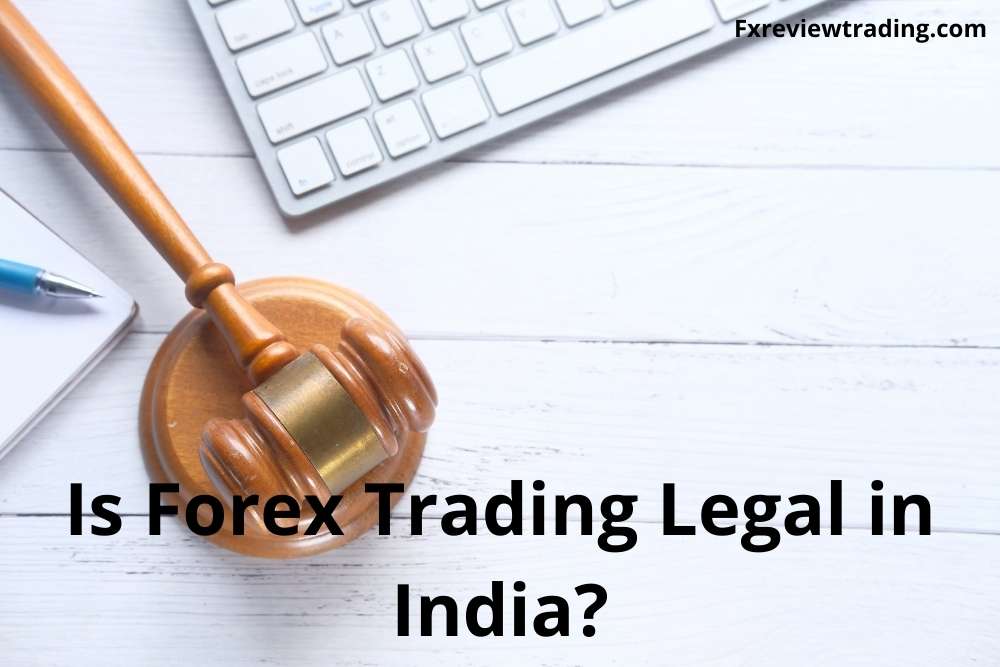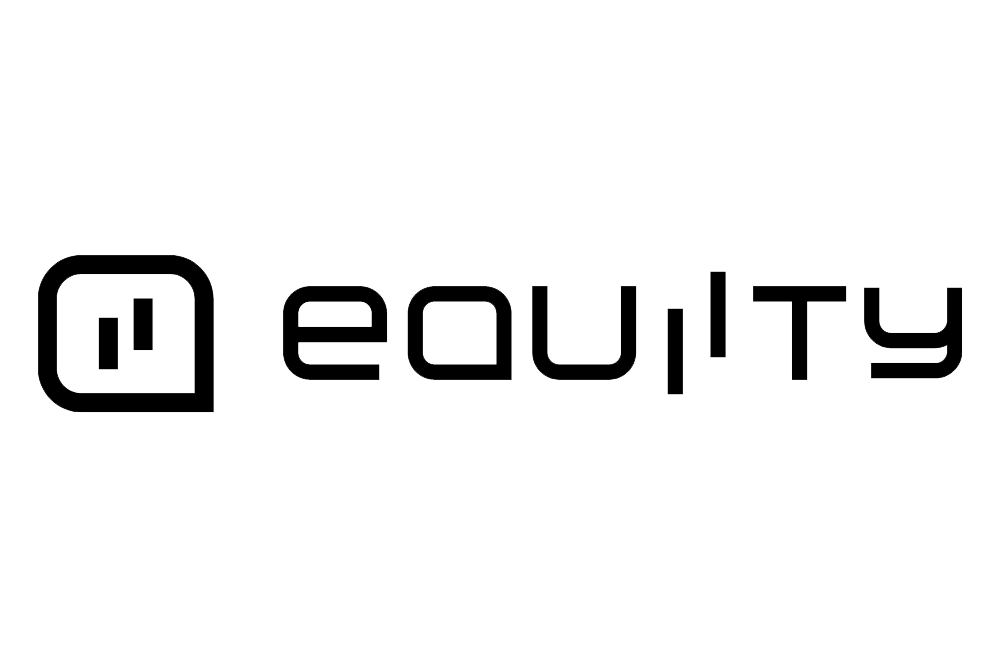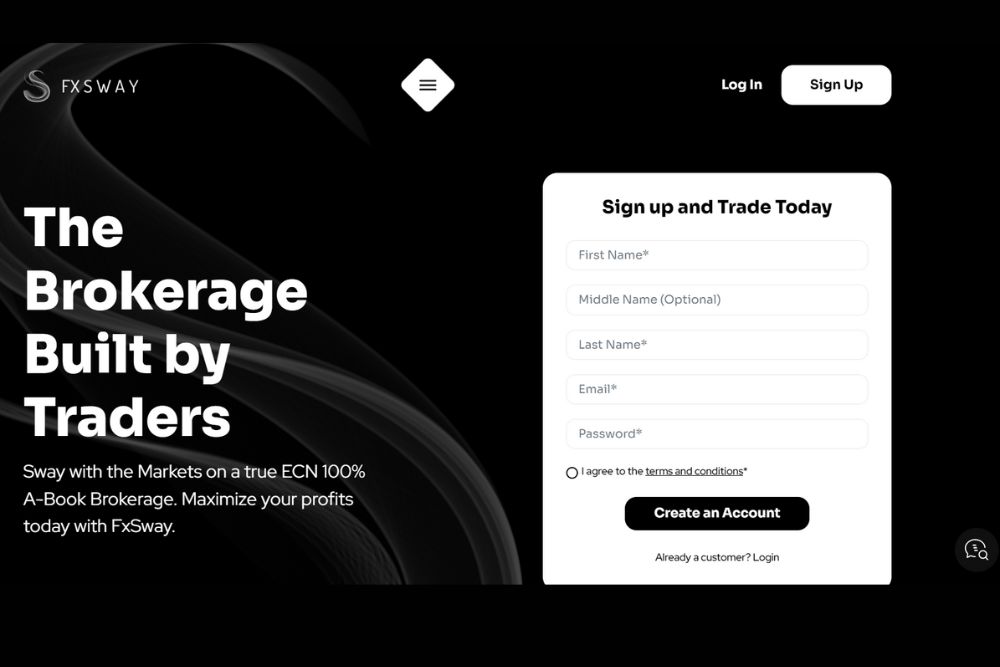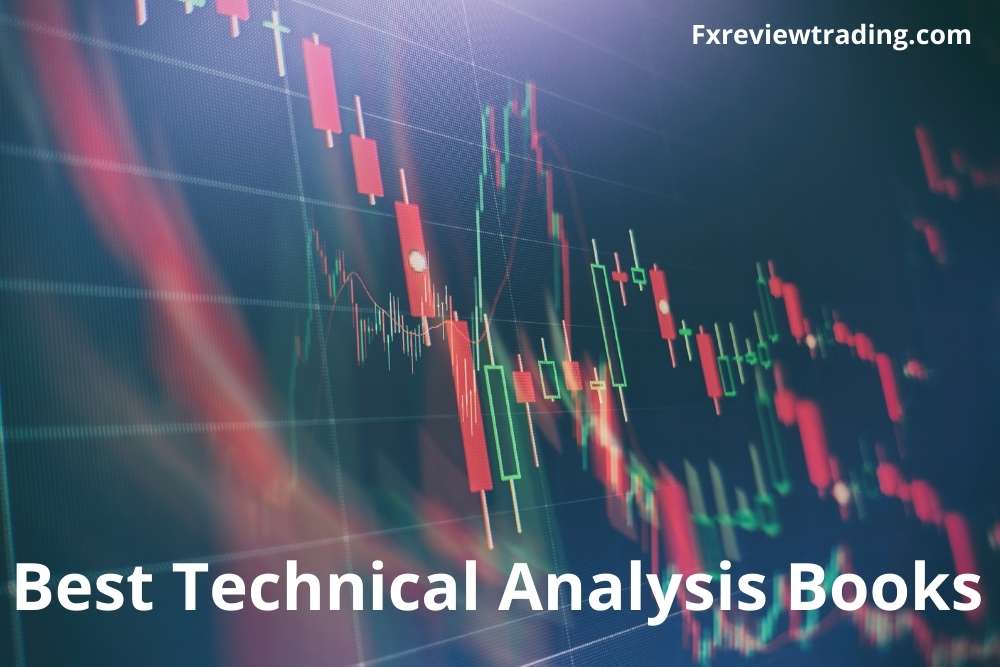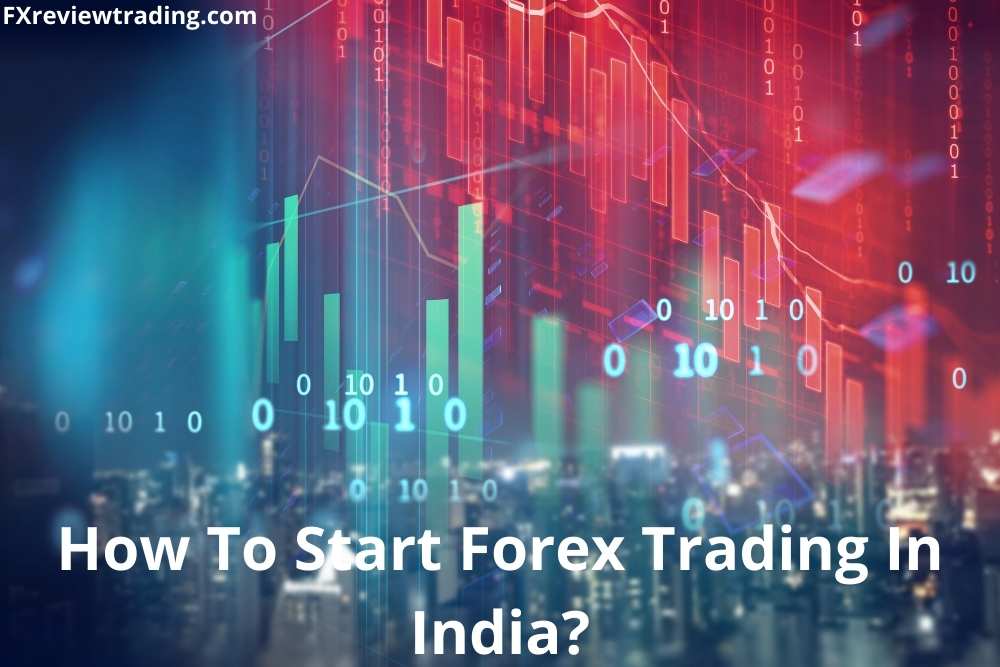Forex trading is a type of trading in which traders buy and sell different currencies. Forex trading is made possible by the fact that there are many different currencies in the world and all of their trade against each other. Forex trading is legal in India. The Reserve Bank of India (RBI) has issued a notification on forex dealings with effect from July 1, 2012, which makes it legal for Indian citizens to trade in foreign currency derivatives such as currency futures, currency options, etc., through authorized dealers.
However, forex brokers are not allowed to offer their services to citizens living outside India.
What is Forex Trading?
You can purchase or sell a currency based on your opinion of its value or simply by assuming where it will go in the future, like shares. It is permissible for foreign exchange trading platforms in Indian exchanges such as the BSE, NSE, and MCX-SX.
However, you can hit it big or lose it in seconds. If you believe the currency value will rise or fall, you can buy or sell it accordingly. Finding a buyer when you’re selling and vice versa is significantly easier in a market with this much flexibility than in any other market.
When buying and selling one currency for another takes place as part of the same transaction, and categorically at the same time, this is known as forex trading. The two currencies involved in the transaction constitute a currency pair, with three letters representing each one – the first 2 letters indicating the country name and the third letter representing the currency’s name. The forex market can be affected by various factors like market volatility.
For example, INR stands for Indian Rupee, USD refers to United States Dollar, ECD is Eastern Caribbean Dollar, JPY is Japanese Yen, etc.
The foreign exchange market is decentralized, extremely liquid, and worldwide, with participants including central banks, commercial banks, brokers, and others. Moreover, on a global scale, the foreign exchange departments of the main banks are linked on a 24-hour basis.
London, Frankfurt, Paris, New York, Toronto, Bahrain, Tokyo, Hong Kong, and Singapore are the major foreign exchange trade centers. The central banks in India (RBI) monitor market movements and are required to interfere if necessary in accordance with government policies.
Currency Trading in India?
The process of buying and selling currencies is only for the motive of earning profit. And it basically refers to ‘Speculative Forex trading’ or Forex Trading.
Consider the case you want to earn profit from the rising value of the dollar. If the dollar is trading at Rs 64 and you believe it will rise in value to Rs 67 in a few months, you may take a long position by purchasing a USDINR contract on the market. You earn a profit of Rs.3 per dollar if the price drops to Rs.67. So you can earn Rs.3000 on a single contract of 1000$.
Exchange-Traded Derivatives
A financial contract listed and traded on a regulated exchange is known as an exchange-traded derivative. These derivatives are traded in a regulated environment. The value of an exchange-traded derivative is derived from an underlying asset traded on a stock market.
It is also protected from default by using a clearinghouse, making it a safer medium. In addition, ETDs differ from over-the-counter (OTC) derivatives in their highly standardised nature, increased liquidity, traded in the secondary market due to their presence on an exchange.
It’s worth noting that ETDs include both futures and options contracts; in other words, a currency future contract in the form of ETDs used to exchange one currency for another currency at a future date and determined price on the contract’s purchase date.
Such derivative contracts are utilised in India to hedge against higher-value currencies such as the dollar, euro, pound, and yen. These contracts are mostly used by large exposure companies for imports or exports to hedge against currency risk.
Is Forex Trading Legal in India?
It is a fact that no Indian person can engage in foreign exchange trading inside the Indian Territory through an online forex trading platform under any circumstances, as directed by SEBI (Securities and Exchange Board of India) and supervised by RBI, to reduce the risk involved in Forex Trading Legal in India.
The Reserve Bank issued a circular in 2013 related to is Forex Trading Legal in India Using electronic or online trading venues. On the other hand, Forex trading is considered lawful through designated India platforms. The base currency is INR (Indian Rupees). Simply put, the Indian government has restricted trading to only foreign currencies benchmarked against the Indian rupee.
As an Indian resident, you trade through a specific Indian brokerage that gives you access to Indian stock exchanges such as the NSE, BSE, MCX-SX and also gives you access to currency derivatives; your trades are completely legal. Earlier, the only trading instruments are EURINR, GBPINR, JPYINR, and USDINR.
The Reserve Bank of India enabled exchanges to provide cross-currency futures contracts in three more currency pairs, namely EUR-USD, GBP-USD, and USD-JPY, starting on December 10, 2015.
It should be mentioned it is done illegally in India can result in imprisonment or punishment under the Foreign Exchange Management Act, 1999 or FEMA Act. However, it is worth noting that NRIs are not prohibited from engaging in foreign exchange trading in India mentioned in Foreign Exchange Management Act.
What are Brokers for Forex Trading in India?
Brokers are companies or legal existence that give traders access to a global marketplace to purchase and sell foreign currency. The transactions in this market are always between two separate currencies, implying that foreign exchange traders either buy or sell the currency pair they want to trade. Professional terminology for online Forex trading platforms in India includes retail forex brokers and currency trading brokers.
However, most forex broker firms deal in a very small percentage of the entire foreign exchange market volume, whilst retail currency traders use these brokers to gain margin access to the 24-hour currency market to make speculative forecasts. Institutional clients can also use Forex broker services provided by larger organisations like investment banks.
Functioning of Forex Trading in India
Unlike stocks and commodities, forex trading takes place between two persons directly, categorically in an over-the-counter (OTC) market. The mentioned OTC market is classified into three types of currency markets: spot, forward, and futures. Because as it includes selling one currency to buy another, it is priced in pairs.
The forex currency pair price is the value of one unit of the “base” currency in relation to the “quote” currency. Each currency pair is represented by a 3 letter code, consisting of two letters for the location and one for the currency. Except for some cross currency pairs, one cannot trade pair that does not include INR.
For example: GBP-USD is a currency pair in which the Great British pound is bought, and the US dollar is sold, which explains the prefixes ‘P’ for Pound and ‘D’ for Dollar.
Forex pairs can also be classified into the following groups:
Major Pairs: It’s a hot commodity. Count to seven(07) currencies that account for 80% of worldwide: EUR/USD, USD/JPY, GBP/USD, and USD/CHF.
Minor Pairs: Less commonly traded. Instead of the US dollar, major currencies are frequently pitted against each other – EUR/GBP, EUR/CHF, GBP/JPY, and so on.
Regional Pairs: EUR/NOK, AUD/NZD, and AUD/SGD are the regional currency pairs, which are classified based on the region.
Exotics: USD/PLN, GBP/MXN, EUR/CZK are examples of major currencies versus currencies from small or emerging economies.
A person can trade forex in various ways, including buying one currency while selling another in the same transaction. Forex trade transactions have traditionally been conducted through a forex broker for a long time.
However, with the growing popularity of online trading, traders can easily take advantage of the benefits of forex price movements by trading derivatives such as CFDs (leveraged products that allow a trader, whether individual or institutional, to open a position for a fraction of the full value of the trade).
Unlike non-leveraged products, one does not assume ownership of the asset; instead, one takes a position “market will rise or fall according to value,” which is essentially the same as predicting the outcomes of a certain set of factual matrices based on existing data.
While leveraged products can increase earnings, they can increase losses if the market goes against you, so CFD trading is prohibited in India.
Strategies for Forex Trading
Losing money is easier than making it, given its liquidity in terms of the daily trading volume. The following are some of the techniques used to promote the cause:
Price Action Strategy
The price action approach is the most widely used strategy of trading in India. It is normally useful in all kinds of market conditions and is fully dependent on the bulls or bears of price action in currency trading.
Trend Trading
Traders using this method must first determine the direction of the currency price movement before deciding on an entry point. Moving averages, relative strength indicators, and other online tools are also available to help in forex trading with their analysis.
Counter Trend Trading
The counter-trend trading technique involves trading in India against the current trend in the hopes of making tiny profits, and it is based on the assumption that the trend will reverse.
Range Trading
The trade is made in a certain range of currency prices in a range trading strategy. They must identify the favorable pricing conditions in which they may trade, where the price levels are usually reliant on currency demand and supply.
Breakout Trading
In this trading style, a trader enters the market when it is breaking out of a previous trading range, also known as a breakout.
Position Trading
Most experienced veteran traders utilize position trading, which entails examining the charts at the end of the day. To perfect this approach, one must have a firm grip on the market’s fundamentals. Similar to position trading, the other known trading strategy is scalping. But the time frame in this strategy is in seconds and minutes.
Carry Trading
The interest rate gap between the countries whose currencies are being traded is the focus of the carry trade strategy. This entails selling a low-interest-rate currency and buying a higher-interest-rate currency and is thus regarded as a fairly profitable strategy if implemented properly.
These strategies can be used in trading other instruments such as cryptocurrencies.
Eligibilities for Trading in the Currency Futures Market in India?
The currency futures market is open to any Indian residing on the country’s territory and companies such as banks and other financial institutions. However, foreign Institutional Investors (FIIs) and NRIs are barred from trading in currency futures.
Cross Currency Exchange
The SEBI has launched cross-currency futures. As a result, euro-dollar, pound-dollar, and dollar-yen options have all been available (EUR-USD, GBP-USD, and USD-JPY).
Indian Forex Market
The Indian forex market began in 1978 when the Reserve Bank of India (RBI) granted banks authority to trade in currencies. The Indian foreign exchange market is well-structured and supervised by the Reserve Bank of India (RBI). RBI-authorized dealers can only carry out such transactions.
The “Spot and Forward” markets make up India’s foreign currency market. In Indian territory, the forward market is open for a maximum of six months. The matured profile of the forward market has stretched in recent years, largely owing to RBI measures.
Conclusion
Although checking Is forex trading is legal in India, residents are not allowed to use electronic or online platforms. In contrast to other countries, the majority of foreign exchange takes place electronically/online. However, Forex trading platforms are only permitted and considered legal like designated sites like PrimeFin and InvestBy of Forex trading using the Indian rupee as the base currency. You can open your trading account with any of these brokers with no minimum deposit. Both the brokers offer trading accounts of different categories such as silver, gold, and platinum. These two brokers are the best options to start forex trading.
To be clear, this means that only currency pairs that are benchmarked against the INR are permitted to be traded in the country. This is thought to have been implemented after the RBI’s circulars were made public in 2013. Furthermore, if it is discovered that someone is trading Forex illegally, they may face imprisonment or a fine.
FAQs
Q1. Is Forex Trading Legal in India Profitable?
The possibilities of making a profit are as tiny as the chances of losing money anywhere globally because it is a highly liquid market. All the trade techniques must be learned with the correct skillset and command of the fundamentals.
Q2. The Source where Forex trading in India?
You can trade forex legally on Indian exchanges such as the BSE, NSE, and MCX-SX.
Q3. Currency Pairs that can trade Forex in India?
Rupee-Dollar
Rupee-Yen
Rupee-Euro
Rupee-Pound
Euro-Dollar
Pound- Euro
Q4. What are the punishments for Forex trading legal in India?
According to Section 13 of the FEMA, violations of the Act can result in penalties and imprisonment.

